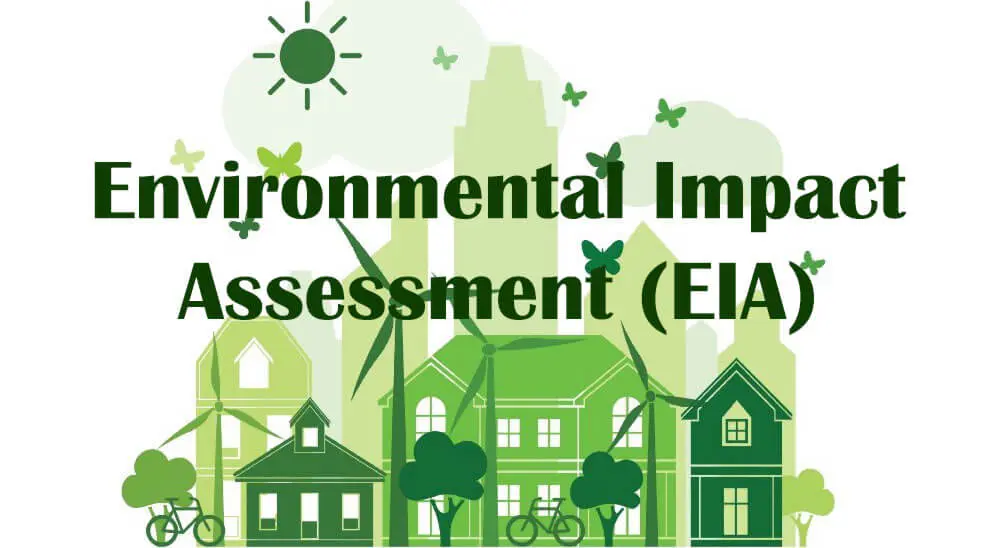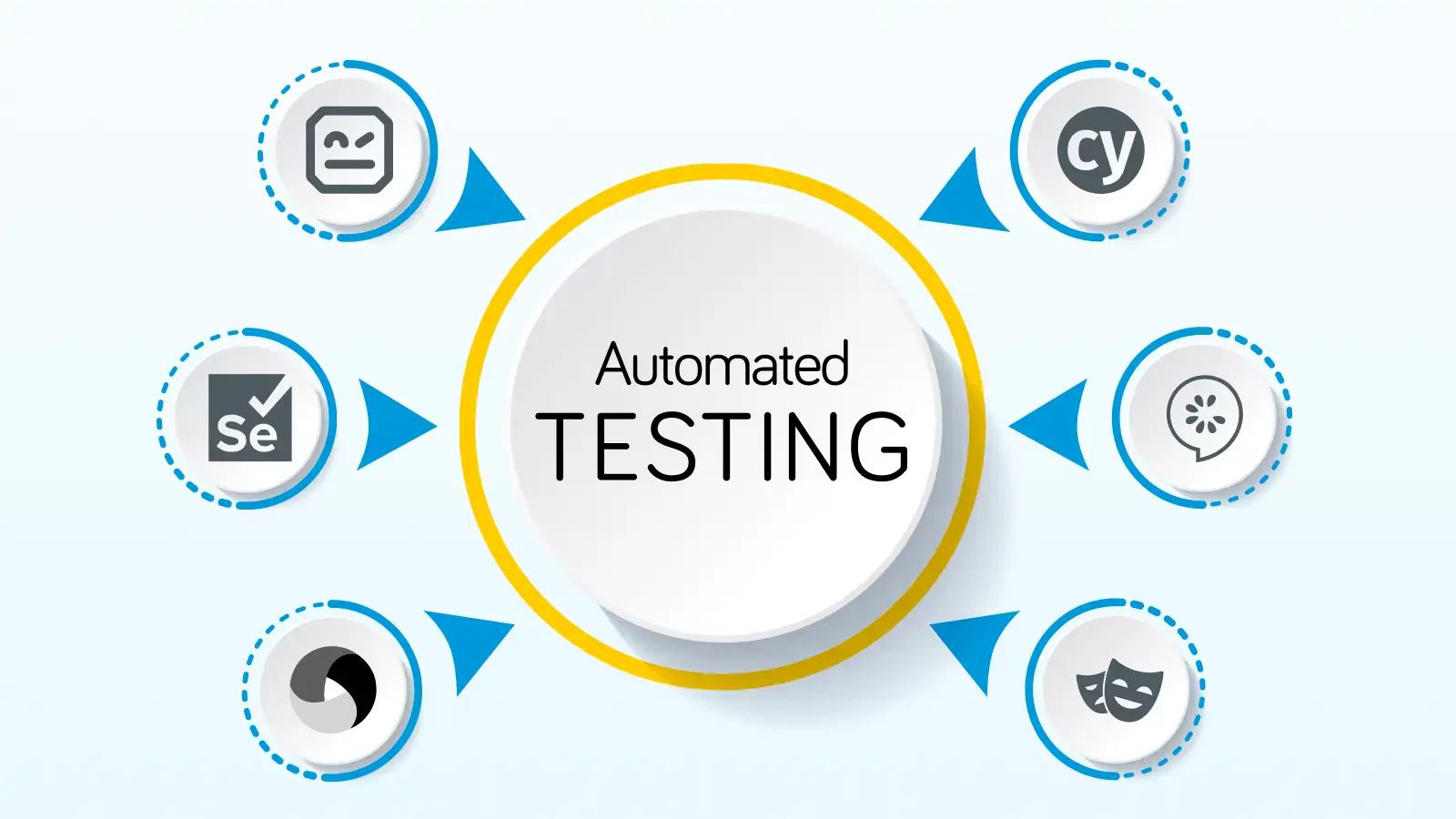Environmental Testing Services: How to Ensure Compliance with EPA Regulations
Ensuring compliance with EPA regulations is essential for businesses in the U.S. operating in industries that impact the environment. Environmental testing services play a crucial role in helping companies meet regulatory requirements, avoid penalties, and promote sustainability. Whether you're involved in manufacturing, construction, or waste management, staying on top of the Environmental Protection Agency (EPA) standards is vital. In this article, we’ll explore the types of testing services available, how they help businesses comply with regulations, and why they are essential for your operations. 🌱📊
Why EPA Compliance Matters for Your Business
The Environmental Protection Agency (EPA) is responsible for establishing regulations that protect human health and the environment. Compliance with these regulations is not just about avoiding fines; it also demonstrates a company’s commitment to sustainability and environmental responsibility. Non-compliance can result in severe penalties, reputational damage, and legal consequences. By investing in environmental testing services, businesses ensure that they meet all required standards and can operate confidently without the risk of legal or financial repercussions.
Benefits of EPA Compliance
- Avoiding Fines and Penalties: Non-compliance can lead to hefty fines.
- Protecting Public Health: Compliance helps ensure clean air, water, and soil.
- Building Reputation: Companies that follow environmental standards earn public trust.
- Increased Investment: Investors increasingly favor companies committed to sustainability.
Types of Environmental Testing Services
There are several types of environmental testing services that can help your business ensure compliance with EPA regulations. These services test air, water, soil, and waste materials to identify contaminants, ensure safety, and confirm adherence to regulatory limits.
| Type of Testing Service | Description | Example of Use |
|---|---|---|
| Air Quality Testing | Tests to measure pollutants in the air such as particulate matter, carbon monoxide, and volatile organic compounds (VOCs). | Indoor air quality monitoring for factories. |
| Water Quality Testing | Determines the levels of contaminants in water sources, including heavy metals, bacteria, and chemicals. | Testing wastewater discharge in manufacturing plants. |
| Soil Testing | Assesses soil for pollutants and toxins that may impact land health. | Checking soil contamination on construction sites. |
| Hazardous Waste Testing | Evaluates materials for hazardous waste, ensuring proper disposal and management. | Testing chemicals used in the manufacturing process. |
| Noise Level Testing | Measures noise pollution levels to ensure they are within legal limits. | Assessing noise emissions in industrial settings. |
How Environmental Testing Helps You Stay Compliant with EPA Regulations
The EPA regulations require businesses to perform various types of testing depending on the industry, location, and potential environmental impact. Environmental testing services help identify potential violations early, allowing businesses to take corrective action before they face penalties.
| Regulation Area | EPA Standard | Role of Testing Services |
|---|---|---|
| Air Emissions | National Ambient Air Quality Standards (NAAQS) | Air quality testing ensures compliance with pollutant levels. |
| Water Discharge | Clean Water Act (CWA) | Water quality testing ensures safe discharge levels. |
| Hazardous Waste Disposal | Resource Conservation and Recovery Act (RCRA) | Testing helps ensure proper classification and disposal of waste. |
| Soil Contamination | Comprehensive Environmental Response, Compensation, and Liability Act (CERCLA) | Soil testing identifies hazardous pollutants. |
| Toxic Substances | Toxic Substances Control Act (TSCA) | Testing helps assess the presence of toxic chemicals in the workplace. |
Steps to Ensure Compliance with EPA Regulations
To ensure your business complies with EPA regulations, you should follow these essential steps:
1. Understand the Regulations
Research and familiarize yourself with the EPA regulations that apply to your business. Different industries may have different standards to meet, so it’s crucial to know what applies to you.
2. Choose a Certified Environmental Testing Provider
Work with a reputable, certified environmental testing service provider. They should be able to conduct the necessary tests and provide reports that comply with EPA standards.
3. Schedule Regular Testing
Regular testing is essential to ensure ongoing compliance. Many companies opt for quarterly or annual tests to stay ahead of potential issues. 🗓️
4. Take Action on Results
Once you receive the test results, analyze them to identify any issues. If the results show any potential violations, take immediate corrective action to avoid penalties.
5. Document and Report Results
Keep detailed records of all test results and corrective actions taken. This documentation will be vital if your business is ever audited by the EPA.
How to Choose the Right Environmental Testing Service
When selecting an environmental testing service, it’s important to choose a provider that understands the specific requirements of your industry and can offer the services you need.
| Factor | Description |
|---|---|
| Accreditation | Ensure the service provider is accredited and recognized by the EPA. |
| Experience | Look for providers with experience in your industry. |
| Technology and Equipment | Choose a provider with advanced technology for accurate results. |
| Reporting and Compliance | The provider should offer clear, comprehensive reports that are easy to understand and comply with EPA guidelines. |
| Customer Support | Ensure the provider offers good customer support to assist with questions and concerns. |
Conclusion
Environmental testing services are crucial for businesses looking to comply with EPA regulations in 2025. These services help identify environmental risks and provide the data necessary to mitigate them, keeping your business on the right side of the law. By understanding the importance of these services and regularly testing for compliance, your business can avoid fines, protect the environment, and maintain a strong reputation.




